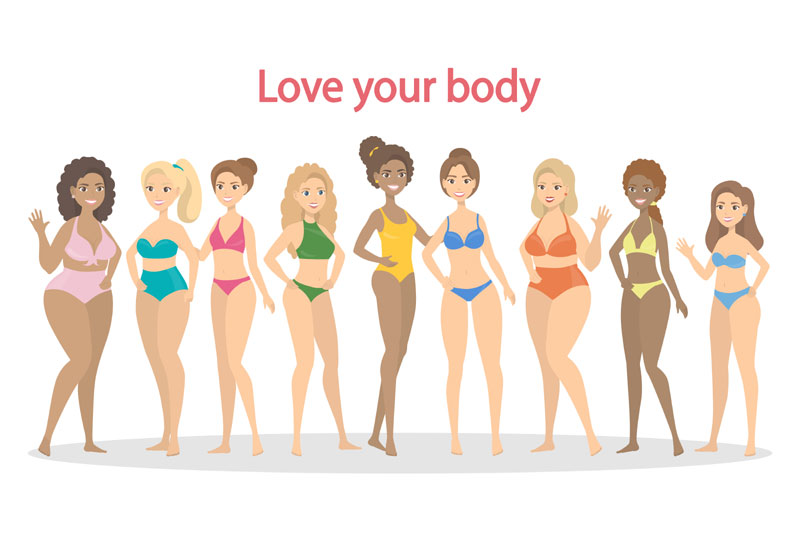Women’s Health
Our aim at Peak Physio is to help women of all ages through all stages of life.
Seeing our Women’s Health Physiotherapist can assist with conditions related to the pelvic floor, issues that arise with pregnancy and during the post-natal period, osteoporosis and menopause related dysfunction, and women specific musculoskeletal pain and injury. We can provide exercise and rehabilitation tailored to your individual needs.
Treatment with a Women’s Health Physio may include retraining your bladder habits and learning how to use your pelvic floor correctly with an individualised and focussed pelvic floor exercise program. Assessing how your fluid intake and diet may be influencing your continence issues and looking at lifestyle related changes will help manage your problem. A Clinical Pilates program is often used to help bridge the gap between pelvic floor exercises and day to day pelvic floor function.

Continence:
A women’s health physio will be able to assess and guide a rehabilitation program specific to your needs. The pelvic floor muscles are important to achieve continence for both the bladder and bowel. The efficacy of these muscles can be affected by pregnancy, chronic constipation, excessive heavy lifting or menopause. A women’s health physio can help you to restore the normal function of these muscles.

Pelvic Organ Prolapse:
If you are experiencing a pelvic organ prolapse a women’s health physio can suggest a rehabilitation program to strengthen the pelvic floor muscles to support the pelvic organs. This can improve the position of these organs and relieve the symptoms and awareness of the prolapse. They can give you advice on how to improve the internal pressure on the pelvic floor for daily tasks such as lifting, during exercise and when you cough. Tips and techniques to empty the bowel may be advised to improve the symptoms of your pelvic organ prolapse.
Antenatal & Postnatal
The changes that occur during pregnancy and giving birth can be one of the most significant changes changes a women’s body may ever experience during her lifetime.

During pregnancy and for some time following your babies delivery you may experience discomfort or pain around the pelvis, hips or inner thigh area. Specific strengthening exercises help to make you stronger as your baby is growing to assist the joints and ligaments around the pelvis. A women’s health physiotherapist can suggest exercises and give advice on sleeping positions or lifting techniques to relieve the discomfort you are experiencing.
Some ladies experience a separation of the rectus abdominis muscle during pregnancy. A women’s health physio will assess and prescribe a specific strengthening routine to help minimise the effects of the diastasis rectus abdominus muscle (DRAM) and suggest techniques to relieve the pressure on the abdominal wall when lifting your baby, during exercise, coughing and other daily tasks.
Postnatally we can help to assess and correct the diastasis rectus with advice and specific strengthening exercises.
This is an exciting time, many ladies wonder if it is safe to do exercise while they are pregnant. Exercise is beneficial to help you maintain strength and flexibility as your body is changing throughout each stage of your pregnancy. In the Antenatal pilates classes we focus on your specific needs to prepare you for giving birth and assist with your recovery postnatally. Exercises are targeting your hip, back, shoulders and pelvic floor and improving your flexibility and balance as your baby grows. Classes are limited to three people and so you will be reassured and guided throughout the class.
FREQUENTLY ASKED QUESTIONS
-If you are experiencing aches and muscle soreness during your pregnancy or postnatally
-If you want to continue exercise through your pregnancy but you are unsure what you can do.
-If you want to get back to exercise after having a baby but you had separation of the abdominal muscle and you don’t know what is safe to do.
-If you have discomfort during intimacy.
-If you have experienced accidental leaking i.e. when you cough, do exercise or laugh with friends.
-If you get the urge to go to the toilet more often either to empty your bladder or pass a bowel motion.
-If you feel something between your leg, or a heaviness in your pelvis area.
No you don’t need a referral. You can contact the clinic directly to make an appointment.
You will be given information about your complaint and given advice and tips of what you can do to help alleviate the issue. Strengthening exercises and a rehabilitation plan will be discussed so that you know what to expect over the next few weeks to months.
Exercises help to improve our mental well being, build your strength and restore normal muscle function. They also help to stretch tight muscles and allow our body to move freely without discomfort. Exercising doesn’t have to be intense or a chore, the best exercises are fun and they allow you to get back to do the things you want to do
Physio Bio:
Louise Blackburn is the onsite women’s health physiotherapist. She qualified from UCD Dublin before working in New Zealand in private practice. She achieved a Masters of Health Practice and Western Acupuncture in Auckland, New Zealand. She specialises in women’s health physiotherapy. She has extensive training from leading Irish and UK women’s health specialists. If you have any questions please feel free to contact Louise at louise@peakphysio.ie




